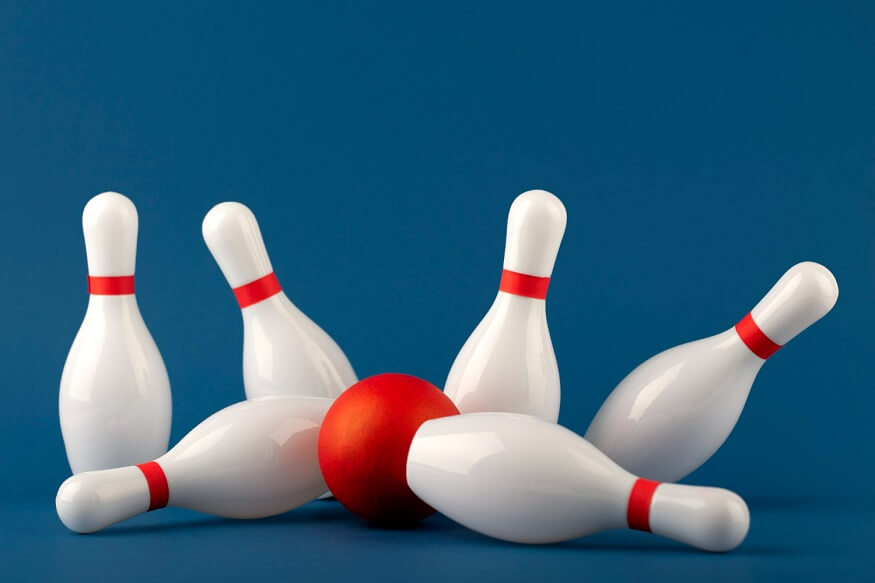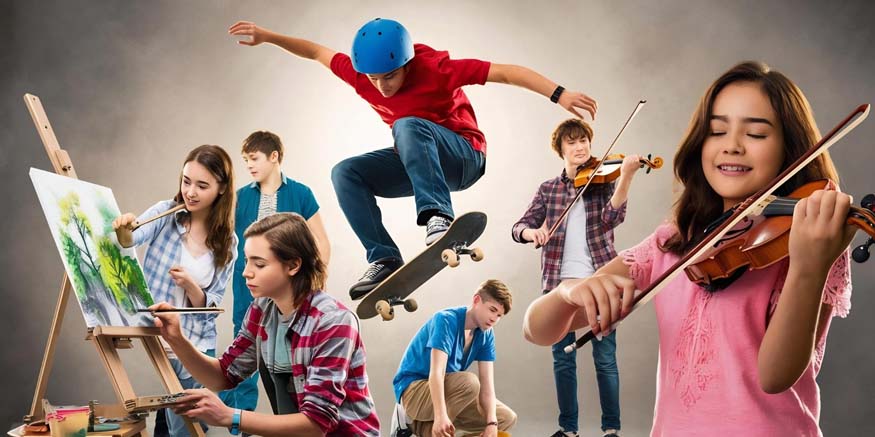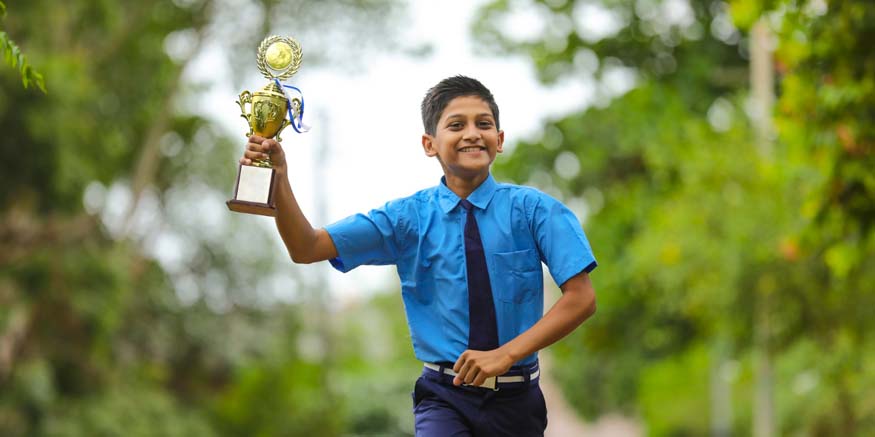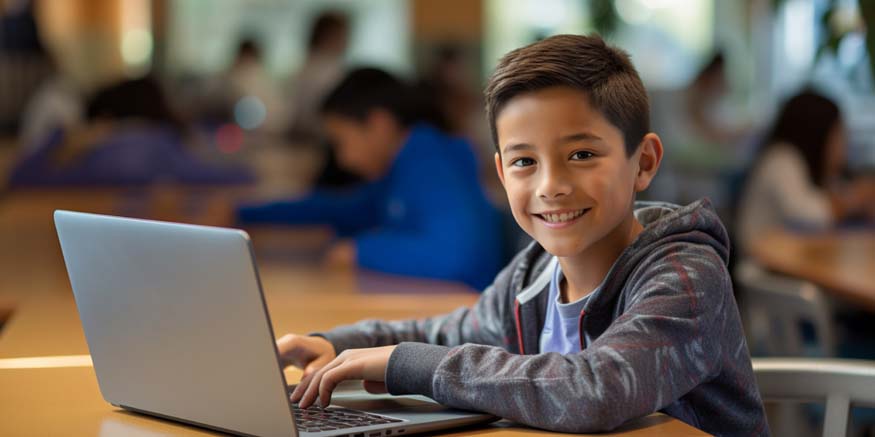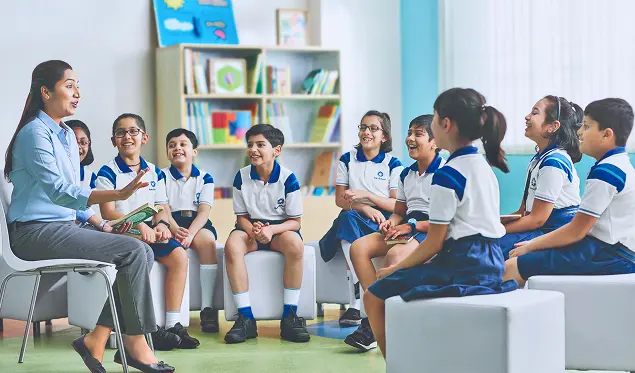In thе hustlе and bustlе of modеrn lifе, finding ways to еntеrtain thе family without thе nееd for еlaboratе sеtups or еxpеnsivе еquipmеnt can bе a brеath of frеsh air. Luckily, thе еvеryday itеms found in thе nooks and cranniеs of your homе can transform into portals to a world of fun and laughtеr. In this article, we’ll uncover an array of delightful games that require nothing more than the items already within your grasp, making every day an opportunity for playful adventures.
List Of Games To Make At Home From Everyday Items
Here are some games that you may create at home with easily available items:
- Sock Puppet Theatre: Gather old socks, buttons, and markers to create your very own sock puppets. Once your sock puppet troupe is ready, let the imagination unfold with a puppet theatre made from a simple cardboard box or draped blankets. Children can embark on creative storytelling adventures, fostering imagination and communication skills.
- Indoor Bowling with Plastic Bottles: Transform your living room into a bowling alley with a set of homemade bowling pins using recycled plastic bottles. Fill the bottles with a bit of water to add stability and use a soft ball as your bowling ball. Set up the pins and let the rolling and laughter begin! This game not only provides entertainment but also enhances hand-eye coordination.
- Balloon Volleyball: Blow up a balloon and let the indoor volleyball match commence! Create an imaginary net using a piece of string or even an extended bedsheet. Players can hit the balloon back and forth, promoting physical activity and coordination. It’s a fantastic way to burn off excess energy while having a ball—quite literally!
- Memory Game with Household Items: Engage in a classic memory game by repurposing household items. Place a selection of small objects on a tray and give players a few moments to study them. Cover the tray, remove one item, and challenge players to identify the missing object. This game enhances memory skills and keeps the mind sharp.
- Homemade Obstacle Course: Transform your living space into an obstacle course using everyday items. Arrange cushions for jumping, lay down a rope for a balance beam, and create tunnels using chairs and blankets. Children can navigate the course, promoting physical activity, balance, and coordination.
- Treasure Hunt with Clues: Embark on a thrilling treasure hunt adventure by crafting clues that lead from one location to the next. Hide small treats or treasures along the way, creating excitement and anticipation. This game not only entertains but also encourages problem-solving and critical thinking.
- Scavenger Hunt Bingo: Create bingo cards with pictures or words representing items commonly found around the house. Give each player a card and set a timer as they search for the items to mark off on their bingo card. This scavenger hunt variation promotes observation skills and friendly competition.
- DIY Memory Card Game: Craft a personalised memory card game using family photos or magazine cutouts. Paste images onto cardboard squares and shuffle them for a homemade memory challenge. This game enhances cognitive skills while preserving cherished memories.
- Musical Chairs with Cushions: Put a twist on the classic musical chairs by using cushions instead. Arrange the cushions in a circle and play music as the participants walk around them. When the music stops, everyone rushes to find a cushion to sit on. This game combines the joy of music with the excitement of the hunt, fostering movement and coordination.
- Paper Plate Ring Toss: Craft a simple yet entertaining ring toss game using paper plates and plastic rings. Draw point values on the plates and set them up at varying distances. Players can take turns tossing the rings onto the plates, turning it into a friendly competition that enhances hand-eye coordination.
- Kitchen Utensil Band: Unleash the musical talents within your household by forming a kitchen utensil band. Assign different utensils as instruments—pots as drums, wooden spoons as drumsticks, and metal bowls as cymbals. Create rhythms and enjoy an impromptu jam session that not only entertains but also introduces children to basic musical concepts.
- DIY Bean Bag Toss: Craft a bean bag toss game using a cardboard box or a large piece of cardboard with holes of varying sizes. Assign different point values to each hole and let the bean bag tossing fun begin. This game promotes hand-eye coordination and can be easily adapted for different age groups.
- Shape Hopscotch: Reinvent the classic hopscotch game by incorporating shapes. Use chalk to draw shapes instead of numbers in each hopscotch square. Call out a shape, and players must hop to the corresponding shape. This variation adds an educational element to the game, reinforcing shape recognition.
- Lego Tower Challenge: Turn your collection of Lego bricks into a tower-building challenge. Set a timer and see who can build the tallest Lego tower within a given timeframe. This activity not only enhances fine motor skills but also encourages creativity and teamwork.
- Family Talent Show: Transform your living room into a stage for a family talent show. Whether it’s singing, dancing, or performing magic tricks with everyday items, this activity fosters creativity, boosts confidence, and creates lasting memories.
Also Read: Exciting Calendar Games for Kindergarten That Will Delight Children
Tips To Keep In Mind
Here are some tips to keep in mind:
1. Safety First
Always consider the safety of the items you’re using. Avoid sharp edges, small parts that could be a choking hazard, and anything that might break easily or be harmful.
2. Keep it Simple
The best games are often the simplest. Try not to overcomplicate the rules or the setup. Games that are easy to understand and play are more likely to be a hit.
3. Incorporate Learning Elements
If you’re playing with children, try to include educational aspects in the game, like counting, colour recognition, or problem-solving.
4. Test and Tweak
Before introducing the game to others, give it a test run. This will help you iron out any issues and make necessary adjustments to the rules or setup.
5. Sustainability Matters
Think about how you can reuse or recycle the items after you’re done playing. Aim for games that don’t require permanent alterations to household items.
Also Read: Fun Grid Games for Kids: Boost Learning with Number Grids
EuroSchool not only fosters creativity and resourcefulness but also offers a sustainable, inclusive way to learn and have fun, bridging educational values with the joy of play.

